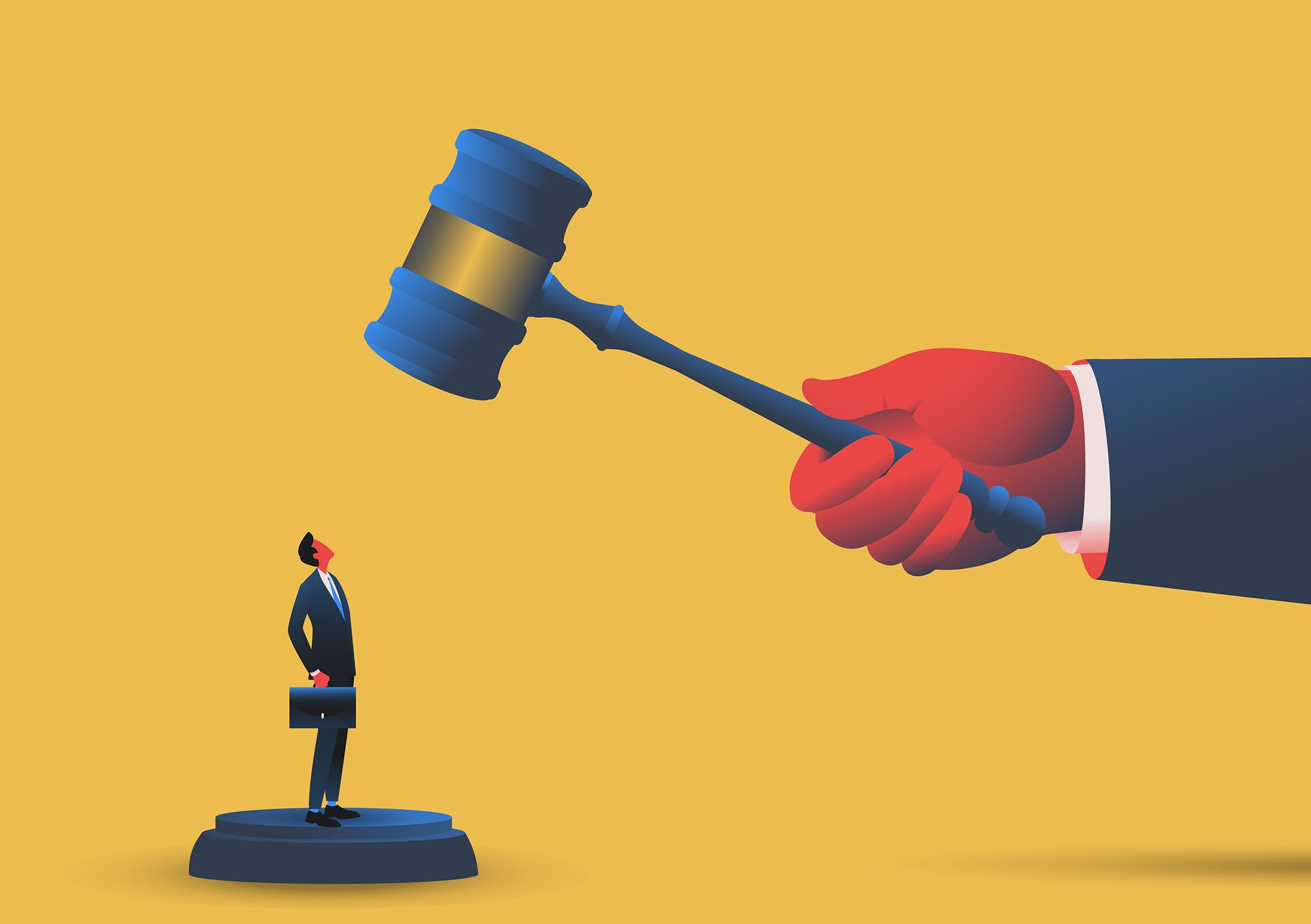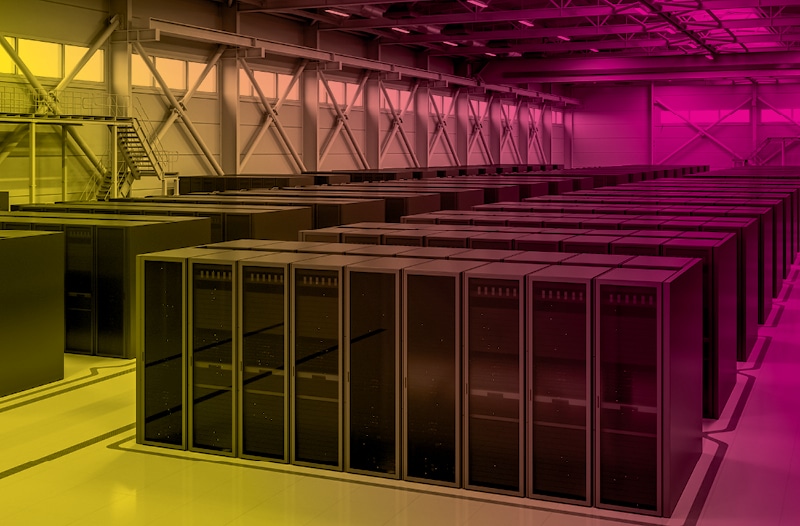
A Selection of AI Washing Lawsuits
Lawsuits over “AI washing” fall into three different categories—here are some examples.

- Product development: One example from this year is a securities class action brought against Apple in the U.S. District Court for the Northern District of California, the consolidation of two complaints brought against the company and three of its officers in June and July 2025. These suits are based on claims made at Apple’s annual Worldwide Developers Conference (WWDC) in 2024 and on earnings calls, where the company declared that its AI solution (called Apple Intelligence) would create a much more advanced and much more capable Siri.
In press releases after the conference and on earnings calls, the complaint alleges, Apple officers maintained that these features would arrive in early 2025. In October 2024, Apple rolled out Apple Intelligence, a generative AI tool integrated into its iPhone, iPad, and iMac computers. In a subsequent press release, the company again asserted that additional Apple Intelligence features would be forthcoming in the coming months, including this new-and-improved Siri.
Come March 2025, an Apple spokesperson admitted that “[i]t’s going to take us longer than we thought to deliver on these features” but the company anticipated deploying them in 2026. At the 2025 WWDC in June, Apple had no further updates on the Siri capabilities, reiterating that work was continuing and the company expected to share more in 2026. After these announcements and an almost $47 drop in Apple common stock share price, shareholders sued Apple’s CEO, CFO, and former CFO, alleging misleading and false statements about Siri’s generative AI features. - Product use: As an illustration of suits brought over exaggerating the success of an AI tool, in one securities class action, brought in the U.S. District Court for the Central District of California, shareholders alleged that officers of digital advertising platform provider The Trade Desk made false and misleading statements about the rollout of new platform Kokai, which supposedly relied on major advances in generative AI. According to the complaint, The Trade Desk touted the success of Kokai, claimed the client transition from the old platform was seamless, and said the performance improvements would translate to strong growth.
However, The Trade Desk’s Q4 2024 revenue, $741 million, was well short of the “at least” $756 million officers had projected months before the earnings release, the complaint says. Trade Desk shareholders pointed to earnings call statements that the rollout of Kokai was slower than anticipated and that there had been missteps in execution.
Illustrating a suit filed for allegedly inaccurately attributing success to AI, a class action also filed in the U.S. District Court for the Northern District of California in March 2025 claims AppLovin, a platform provider for app developers to market, monetize, and publish their apps, attributed growth and financial success from 2023 through 2025 to enhancements to the AXON 2.0 platform from “cutting edge” AI technologies.
However, the complaint alleges that this revenue instead came from “the systematic exploitation of app permissions that enable advertisements themselves to force-feed silent, backdoor app installations directly onto users’ phones”—directly driving profit, since AppLovin is paid for every app install. The complaint further alleges that AppLovin’s strong ad revenue resulted from manipulative ad practices. - Infrastructure manufacturing: According to one securities lawsuit brought in the U.S. District Court for the Central District of California, officers for semiconductor product manufacturer Skyworks Solutions said in November 2024 that the AI boom would drive a “transformative smartphone upgrade cycle,” in the words of then-CEO and President Liam Griffin. Skyworks officers further portrayed the company’s mobile phone segment as well-positioned to capitalize on the demand surge triggered by AI, the complaint says.
When Q2 2025 revenue was reported between $935 million and $965 million, rather than the $1.05 billion to $1.08 billion Skyworks anticipated, shareholders promptly filed suit, alleging the predictions of revenue growth due to AI-induced demand were false and misleading.




